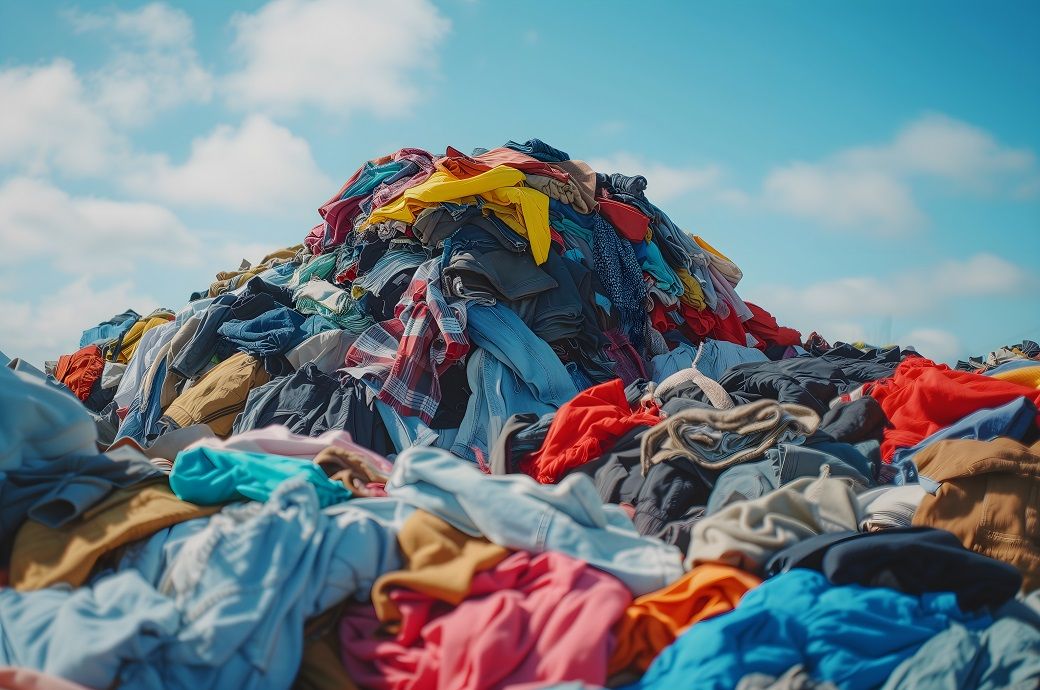
The directive for the textile sector, in effect since 2008, mandates that member states ensure the separate collection of textiles for re-use, preparation for re-use, and recycling by 1 January 2025. Under the new general approach, the Commission will consider establishing specific targets for waste prevention, collection, and recycling of textiles by the end of 2028.
The proposed revision includes harmonised Extended Producer Responsibility (EPR) schemes. These schemes will require fashion brands and textile producers to pay fees that will help fund textile waste collection and treatment. These schemes are to be established within 30 months after the directive comes into force, and ministers have agreed to include microenterprises within their scope, the Council said in a press release.
Fee levels will be determined based on the circularity and environmental performance of textile products, a concept known as eco-modulation. To incentivise waste prevention, the general approach allows member states to impose higher fees on companies engaging in 'fast fashion' practices. Additionally, member states with a higher proportion of textiles deemed fit for re-use can charge commercial re-use operators a lower fee when these products are first introduced to the market.
The proposed directive also sets binding targets to reduce food waste by 2030, aiming for a 10 per cent reduction in processing and manufacturing and a 30 per cent per capita reduction in retail, restaurants, food services, and households.
“The general approach aims to prevent waste from fast fashion and to facilitate re-use. It also sets ambitious targets to significantly reduce food waste by 2030. Given the food and textile sectors are the first and the fourth most resource-intensive respectively, today's agreement represents a crucial step towards a more sustainable and circular European economy,” said Alain Maron, minister of the Government of the Brussels-Capital Region, responsible for climate change, environment, energy and participatory democracy.
The general approach recognises the significant contribution of social economy entities—such as charities, social enterprises, and foundations—in current textile collection systems. These entities will be permitted to maintain and operate their own separate collection points. To avoid imposing an excessive administrative burden, member states can exempt these organisations from certain reporting requirements.
The adoption of the general approach enables the rotating presidency to commence negotiations with the European Parliament on the final text of the directive. These discussions will occur under the new legislative cycle. The European Parliament adopted its position in March 2024.
The EU produces 12.6 million tonnes of textile waste each year, with clothing and footwear alone contributing 5.2 million tonnes, or 12 kg per person annually. Currently, only 22 per cent of this waste is collected separately for re-use or recycling, with the remainder often incinerated or sent to landfill.
On 5 July 2023, the European Commission proposed a revision of the Waste Framework Directive, specifically targeting the food and textile sectors. The overarching goal of this proposal is to mitigate the environmental and climate impacts associated with the generation and management of textile and food waste.
Fibre2Fashion News Desk (KD)